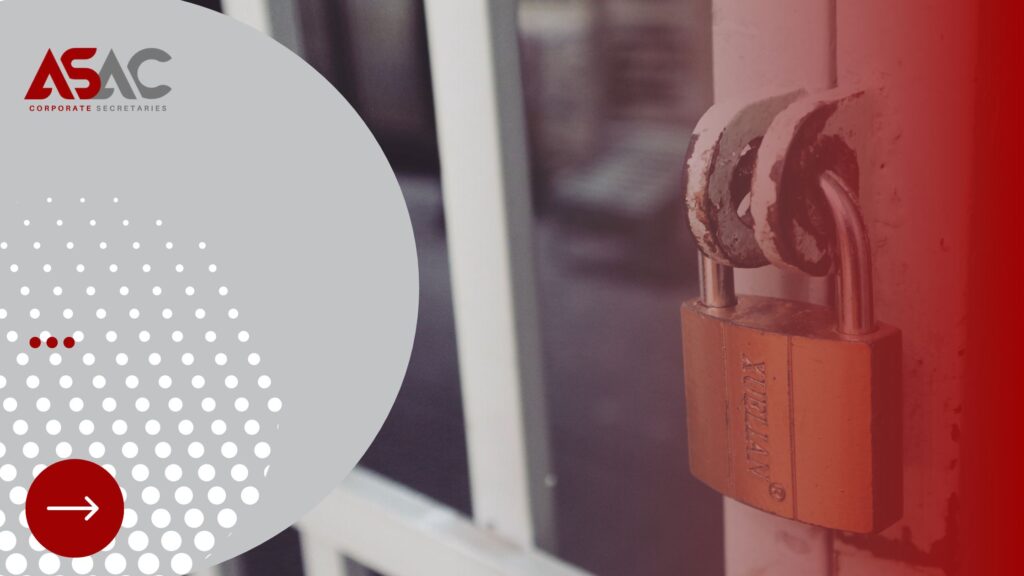How to Closedown a Company Registration in Sri Lanka
Streamlining Company Deregistration and Winding Up in Sri Lanka: A Comprehensive Guide
In the lifecycle of any business, there may come a time when the decision to close down operations needs to be made. Whether it’s due to changes in market conditions, strategic shifts, or other reasons, knowing how to effectively deregister or wind up a company is crucial. In this article, we’ll provide an insightful guide on how to navigate the process of wrapping up company registration in Sri Lanka, covering key aspects such as deregistration, voluntary winding up, and the necessary procedures involved.

Voluntary Winding Up: Understanding the Process
Voluntary winding up is initiated by either the members or creditors of the company, depending on its financial health. If the company is solvent, meaning it can fulfill its financial obligations, members initiate the process. Conversely, if the company is insolvent, creditors take charge. The process typically involves passing a special resolution to wind up the company, ceasing all business activities, and publishing a notice of closure in the Gazette within 14 days of passing the resolution.
For solvent companies, initiating the close down process involves passing a special resolution or a resolution specified in the company’s Articles of Association. On the other hand, insolvent companies may wind up due to their inability to continue business transactions because of liabilities.
Navigating Deregistration: Simplified Steps
In cases where a company has minimal to no assets or liabilities and needs to deregister, the Registrar General of Companies in Sri Lanka has introduced a straightforward method to facilitate this process. Here are the steps involved:
- Request Letter: Directors must submit a letter confirming that the company has not engaged in any business activities and has no assets or liabilities.
- Confirmation by a Chartered Accountant: A confirmation from a Chartered Accountant stating that there are no assets or liabilities for the company, and there have been no transactions since the date of incorporation.
- Affidavits: All directors and shareholders must sign affidavits confirming the above statements.
ASAC, a registered practicing company secretary, offers expert assistance in updating records and handling paperwork for deregistration and winding up processes. By consulting with experienced professionals, businesses can ensure a smooth transition through the complexities of company closure while adhering to legal and regulatory requirements.
In conclusion, whether opting for voluntary winding up or deregistration, following the prescribed procedures is essential to avoid legal and financial repercussions. With the right guidance and support from reputable service providers like ASAC, businesses can navigate the process with confidence, ensuring compliance and a seamless transition to the next phase of their journey. If you’re considering wrapping up your company registration in Sri Lanka, don’t hesitate to reach out to experts for personalized assistance and guidance tailored to your specific needs.